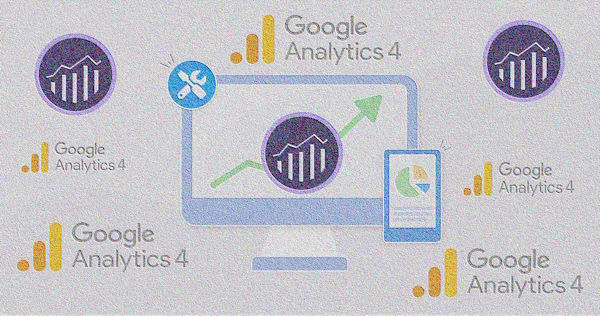Web analytics is the process of collecting, analysing, and interpreting data
related to a website’s performance and user behaviour. It plays a crucial
role in the success of online businesses and websites for several
reasons:
Performance Measurement: Web analytics provides essential metrics to assess the performance of a website. This includes data on website traffic, page views, bounce rates, and conversion rates. By understanding these metrics, businesses can evaluate the effectiveness of their online presence.
User Behaviour Insights: Web analytics tools offer insights into how users interact with a website. This includes information on which pages are the most popular, how users navigate through the site, and where they drop off. Understanding user behaviour helps in optimising the user experience and content.
Goal Tracking: Websites often have specific goals, such as generating leads, increasing sales, or getting users to sign up for a newsletter. Web analytics allows businesses to track progress toward these goals and make data-driven decisions to improve performance.
Content Optimisation: By analysing which content performs well and which doesn’t, web analytics helps in content optimisation. Businesses can create more of the content that resonates with their audience and refine or eliminate content that doesn’t generate results.
Audience Segmentation: Web analytics tools enable businesses to segment their audience based on various factors like demographics, location, device type, and referral sources. This segmentation can inform targeted marketing strategies and personalised content.
Conversion Rate Optimisation: Understanding the conversion funnel and where users drop off is critical for improving conversion rates. Web analytics identifies bottlenecks in the user journey, allowing businesses to make necessary changes to increase conversions.
Competitive Analysis: Web analytics can also provide insights into the online performance of competitors. By benchmarking against competitors, businesses can identify areas where they need to improve and stay competitive in their industry.
ROI Measurement: For businesses engaged in online advertising or marketing campaigns, web analytics helps measure the return on investment (ROI). It allows businesses to determine which campaigns are most effective and allocate resources accordingly.
Real-time Monitoring: Many web analytics tools offer real-time data, allowing businesses to monitor website performance and user behaviour as it happens. This is particularly valuable for responding quickly to issues or capitalising on trends.
Data-Driven Decision-Making: Web analytics promotes a data-driven approach to decision-making. Instead of relying on intuition or guesswork, businesses can use concrete data to make informed decisions about website improvements, marketing strategies, and content creation.
In conclusion, web analytics is essential for businesses and website owners to understand their online presence, improve user experiences, and achieve their goals. It empowers data-driven decision-making and helps businesses stay competitive in the ever-evolving digital landscape.
